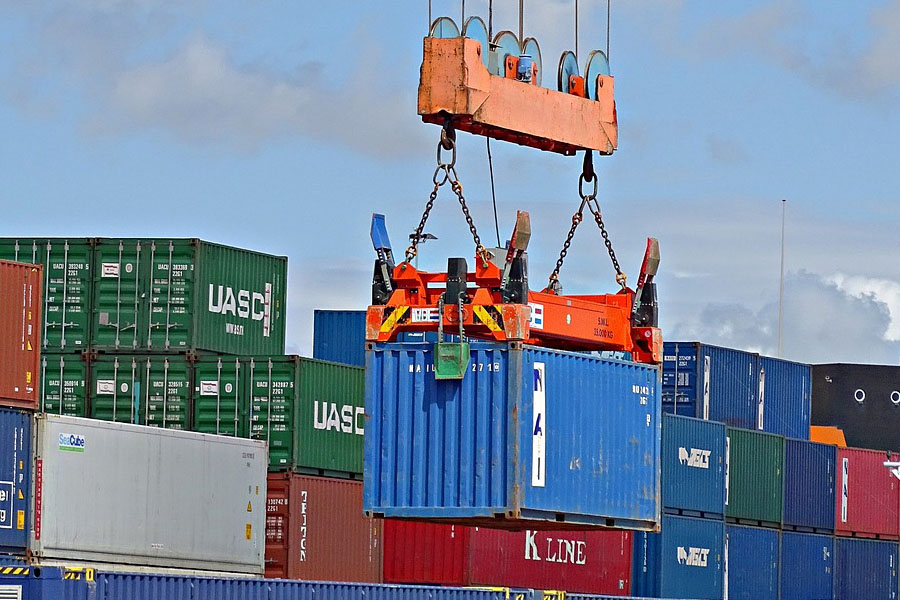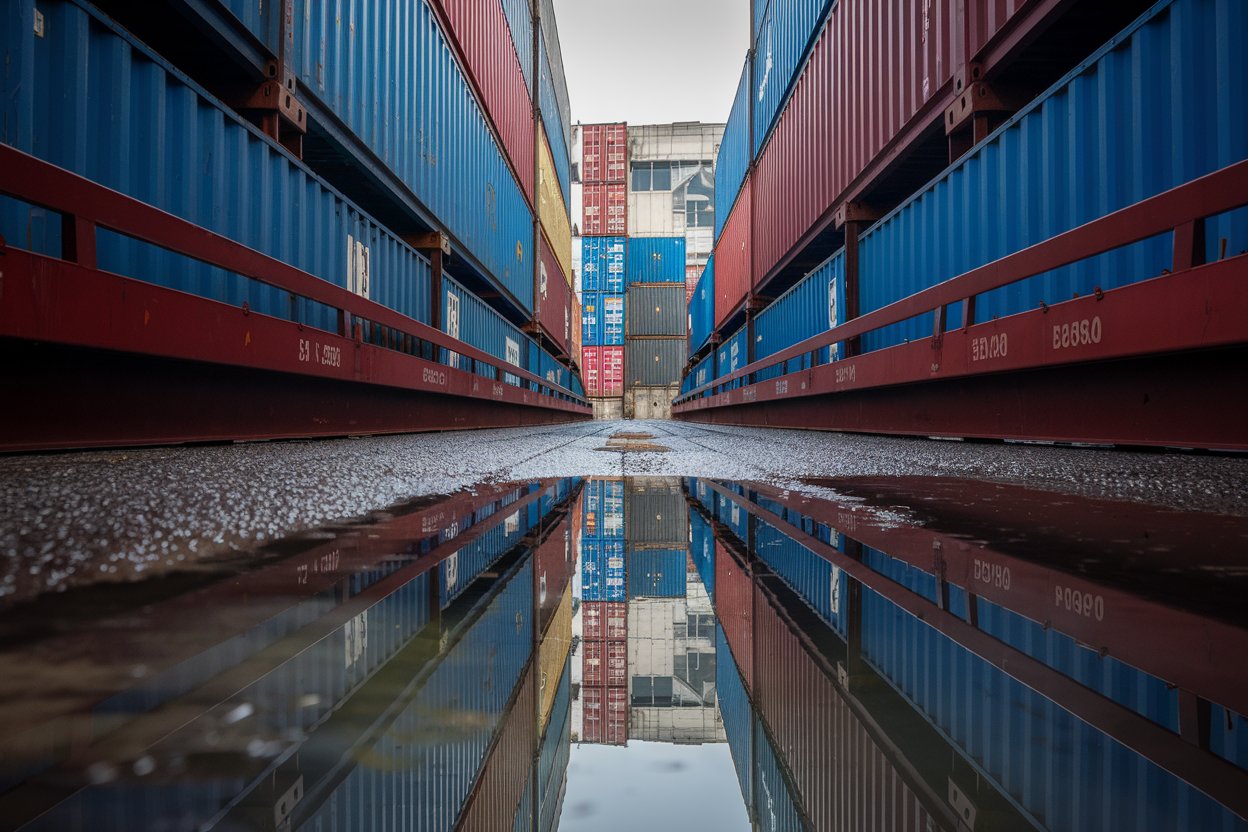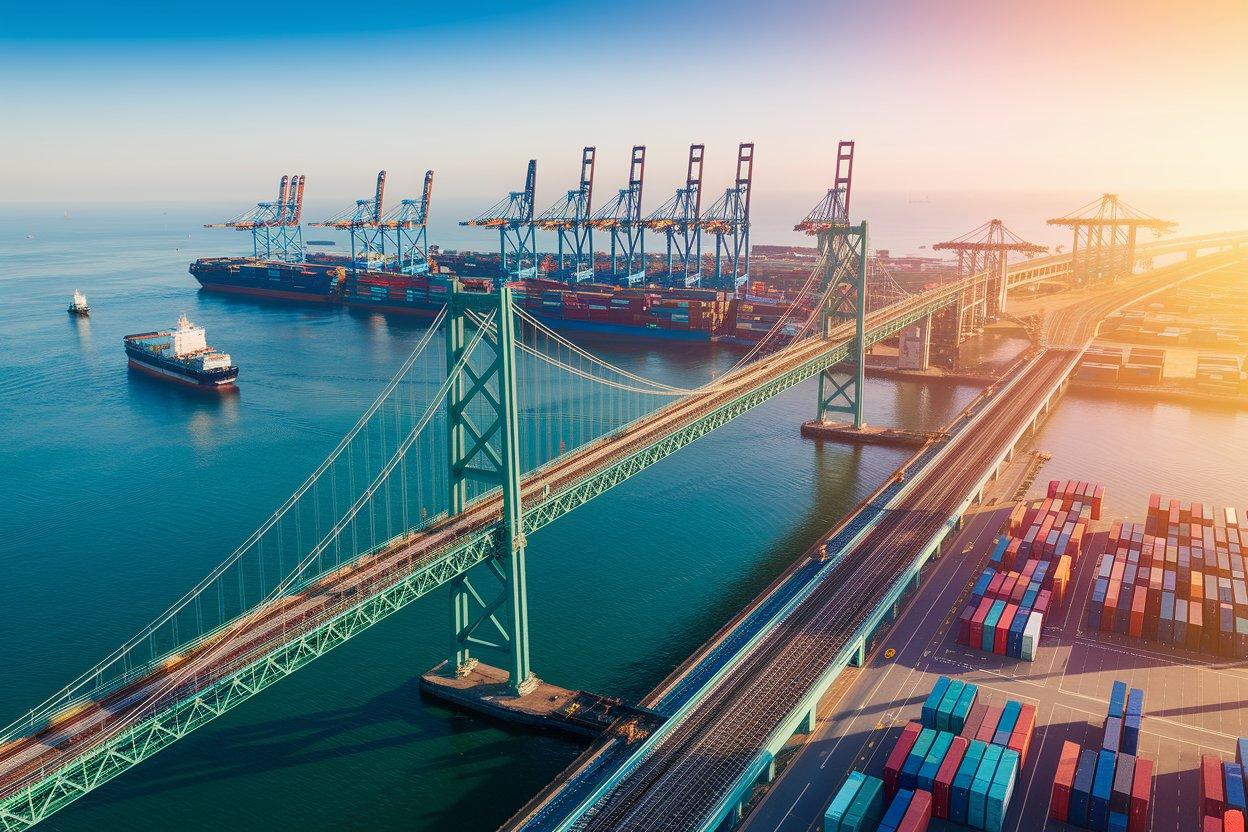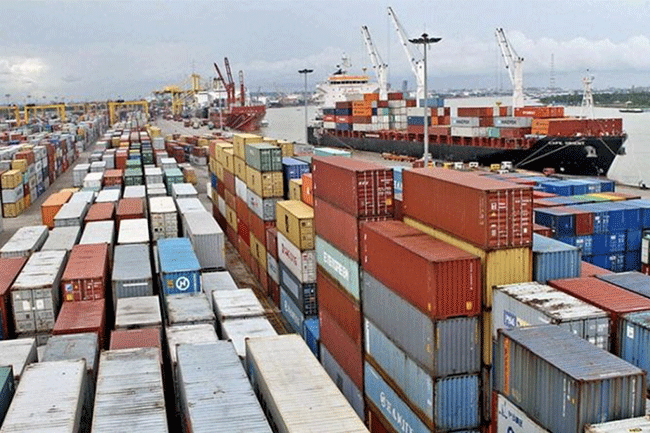- Shanghai Zhongshen International Trade Co., Ltd. - Two decades of trade agency expertise.
- Service Hotline: 139 1787 2118
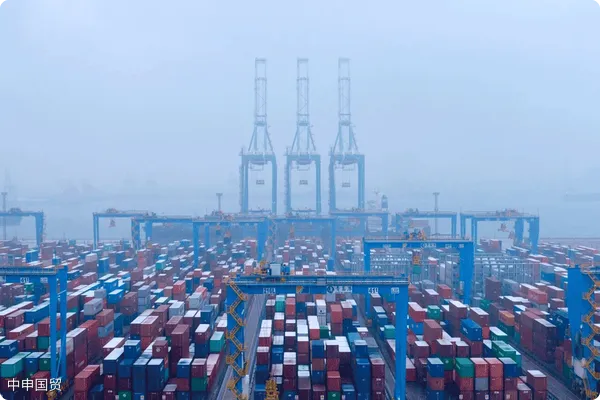
High-end imported from GermanyMedical Equipment: Complex yet full of opportunitiesforeign tradeJourney
Against the backdrop of continuous advancements in global medical technology, importing high-end medical equipment from Germany has become a crucial pathway for many medical institutions to enhance their service standards. However, this process involves intricate foreign tradeimport and exportThe process requires professional handling and an in-depth understanding of the market.
Professional document processing and logistics arrangement
Document processing is the foundational step in importing medical devices. A series of documents, from commercial invoices and bills of lading to packing lists, must be accurately prepared. The commercial invoice should meticulously record details such as the description, quantity, and value of the goods, serving not only as a crucial basis for customs clearance but also as a key document for subsequent settlements. The bill of lading, as proof of ownership of the goods, must be prepared strictly in compliance with shipping company requirements and international conventions. For high-end medical devices, additional documentation may also be involved.It is recommended to verify through the following methods:A certificate of origin is required to prove the product's place of origin, which in some cases helps in enjoying specific tariff preferential policies.
In terms of logistics arrangements, it is essential to select the appropriate transportation method based on the characteristics of medical devices. Given that such products are typically high in value, relatively small in size, and require strict transportation conditions, air...Air TransportationAir transport is often the preferred choice. It ensures transportation speed and reduces the risks to goods during transit. However, when selecting an airline, attention must be paid to its cold chain transportation capabilities and cargo tracking services. Additionally, for fragile or sensitive medical equipment, packaging must comply with international transportation standards, utilizing professional shockproof and moisture-proof materials to ensure the goods remain undamaged during long-distance transport.
Unique Considerations for Different Markets
VTB in the Russian marketFX Settlement AgencyAdvantages
If the imported high-end medical devices are planned to be sold in the Russian market,ZhongShen International TradeEnjoy unique VTB foreign exchange settlement convenience. Foreign exchange settlement refers to the process in international trade where the exporter sells their foreign exchange earnings to a designated bank at the current exchange rate, with the bank collecting the foreign currency and paying the exporter in local currency. In trade with Russia, conducting foreign exchange settlement through VTB Bank can streamline procedures, enhance efficiency, and mitigate risks associated with exchange rate fluctuations. VTB Bank holds a significant position in Russia's financial system and maintains close collaborations with numerous enterprises and institutions. By leveraging its platform, businesses can expedite fund recovery and reduce capital occupation costs. For instance, in the past, some companies faced difficulties in capital turnover due to cumbersome procedures and prolonged waiting times during foreign exchange settlements in Russia trade. However, utilizing VTB's foreign exchange settlement convenience can effectively avoid such issues, ensuring smooth trade operations.
Import and Export Procedures and Solutions for the Southeast Asian Market
To import medical devices into the Southeast Asian market, the first step is to understand local regulations and access requirements. Different countries may have varying medical device registration systems. Taking Singapore as an example, medical devices must be registered with the Health Sciences Authority (HSA) of Singapore. Companies are required to submit technical documentation of the product, clinical trial data (if applicable), and other relevant materials. Regarding the import process, once the goods arrive at the destination port, they must be declared within the specified timeframe. The customs broker will handle the declaration based on the provided documents and in accordance with local customs regulations. Among these steps, the accurate classification of the commodity code is crucial, as it directly affects the determination of tariff rates.
Regarding exports, if companies in Southeast Asia purchase high-end medical equipment from Germany and plan to re-export it to other regions, they must pay attention to the rules of origin. To enjoy preferential tariffs under certain free trade agreements, the products must meet the corresponding origin criteria. Additionally, logistics arrangements should comprehensively consider transportation costs and delivery times. For medical equipment with high timeliness requirements, establishing transit warehouses in Southeast Asia to stock goods in advance can enable a rapid response to market demands.
Challenges and Opportunities in the Current International Trade Landscape
The current international trade situation is complex and volatile, posing numerous challenges to importing high-end medical equipment from Germany. The rise of trade protectionism may lead countries to impose higher tariff or non-tariff barriers. For instance, some nations might introduce additional testing requirements or raise inspection standards for medical devices, which undoubtedly increases both import costs and time expenditures. Meanwhile, exchange rate fluctuations also introduce risks to trade. The instability of major currencies such as the euro and the Chinese yuan may expose enterprises to exchange losses during settlement.
However, opportunities also exist. With the increasing global demand for healthcare, the high-end medical device market holds broad prospects. Countries worldwide are ramping up investments in medical infrastructure, which provides vast opportunities for import businesses. Additionally, the signing of certain free trade agreements, such as the Regional Comprehensive Economic Partnership (RCEP), offers more favorable conditions for trade in the Southeast Asian market. Enterprises can leverage these agreements to reduce tariff costs and enhance product competitiveness.
Assistance with product certification services
The certification of high-end medical devices is crucial. In Germany, medical devices must comply with the EU's CE certification standards, which serve as a passport to the EU market. For imports to other regions, such as the United States, FDA certification is required. Although ZhongShen International Trade does not directly handle certification services, it provides clients with comprehensive information, informing them of the necessary certifications and the certification process. For example, it assists clients in preparing the technical documents required for certification, guides them in selecting the appropriate certification body, and follows up on the certification progress. Throughout this process, it ensures that clients understand every step of the certification, offering strong support to facilitate a smooth certification process.
Importing high-end medical devices from Germany is a complex yet promising business. By handling professional documentation, arranging reasonable logistics, combining the characteristics of different markets and the international trade situation, along with effective assistance in product certification, companies can achieve success in this field. With its expertise in imp...Export RepresentationProfessional capabilities in services, particularly the advantages in document processing and logistics services, coupled with a deep understanding of different markets, will help enterprises steadily advance in their foreign trade journey of importing high-end medical devices.
Related Recommendations
Category case
Get in Touch
Email: service@sh-zhongshen.com
Related Recommendations
Contact via WeChat

? 2025. All Rights Reserved. Shanghai ICP No. 2023007705-2  PSB Record: Shanghai No.31011502009912
PSB Record: Shanghai No.31011502009912
